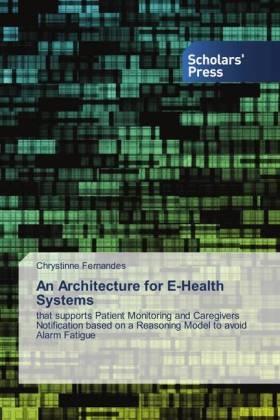Read more
Estimates show that 80% to 99% of alarms set off in hospital units are false or clinically insignificant, representing a cacophony of sounds that do not present a real danger to patients. These false alarms can lead to an alert overload that causes a health care provider to miss important events that could be harmful or even life-threatening. As health care units become more dependent on monitoring devices for patient care purposes, the alarm fatigue issue has to be addressed as a major concern in order to prevent healthcare providers from undergoing alarm burden, as well as to increase patient safety. The main goal of this paper is to propose a solution for the alarm fatigue problem by using an automatic reasoning mechanism to decide how to notify members of the health care team. Our specific goals are: to reduce the number of notifications sent to caregivers; to detect false alarms based on alarm-context information. This paper describes: a model to support reasoning algorithms that decide how to notify caregivers in order to avoid alarm fatigue; an architecture for health systems that supports patient monitoring, reasoning and notification capabilities.
About the author
PhD in Computer Science from the Pontifical Catholic University of Rio de Janeiro, having acted as a visiting PhD student at King's College London for one year, in 2018. Since April 2014, acts as a Researcher and Developer at the Software Engineering Laboratory (LES).

